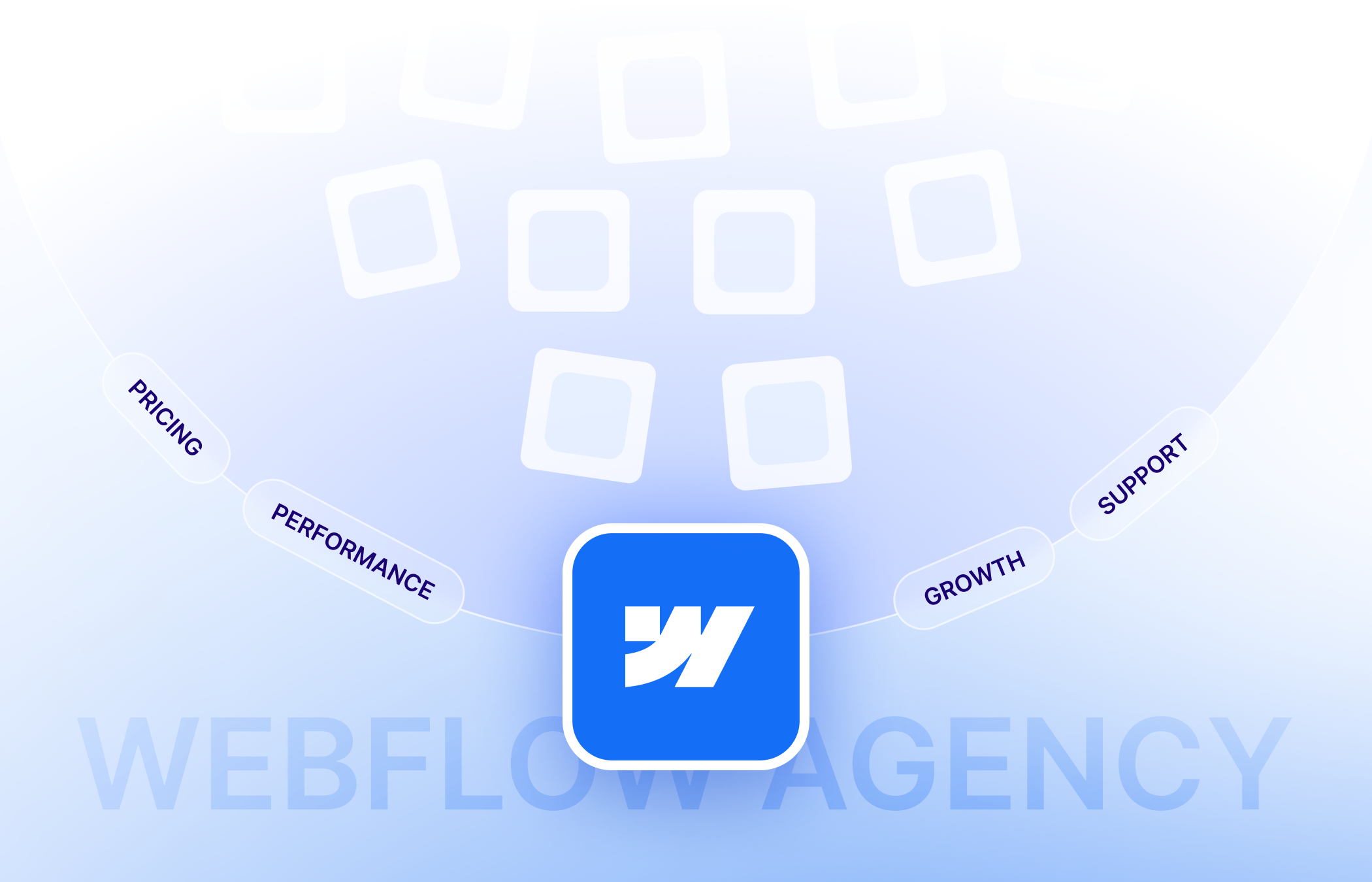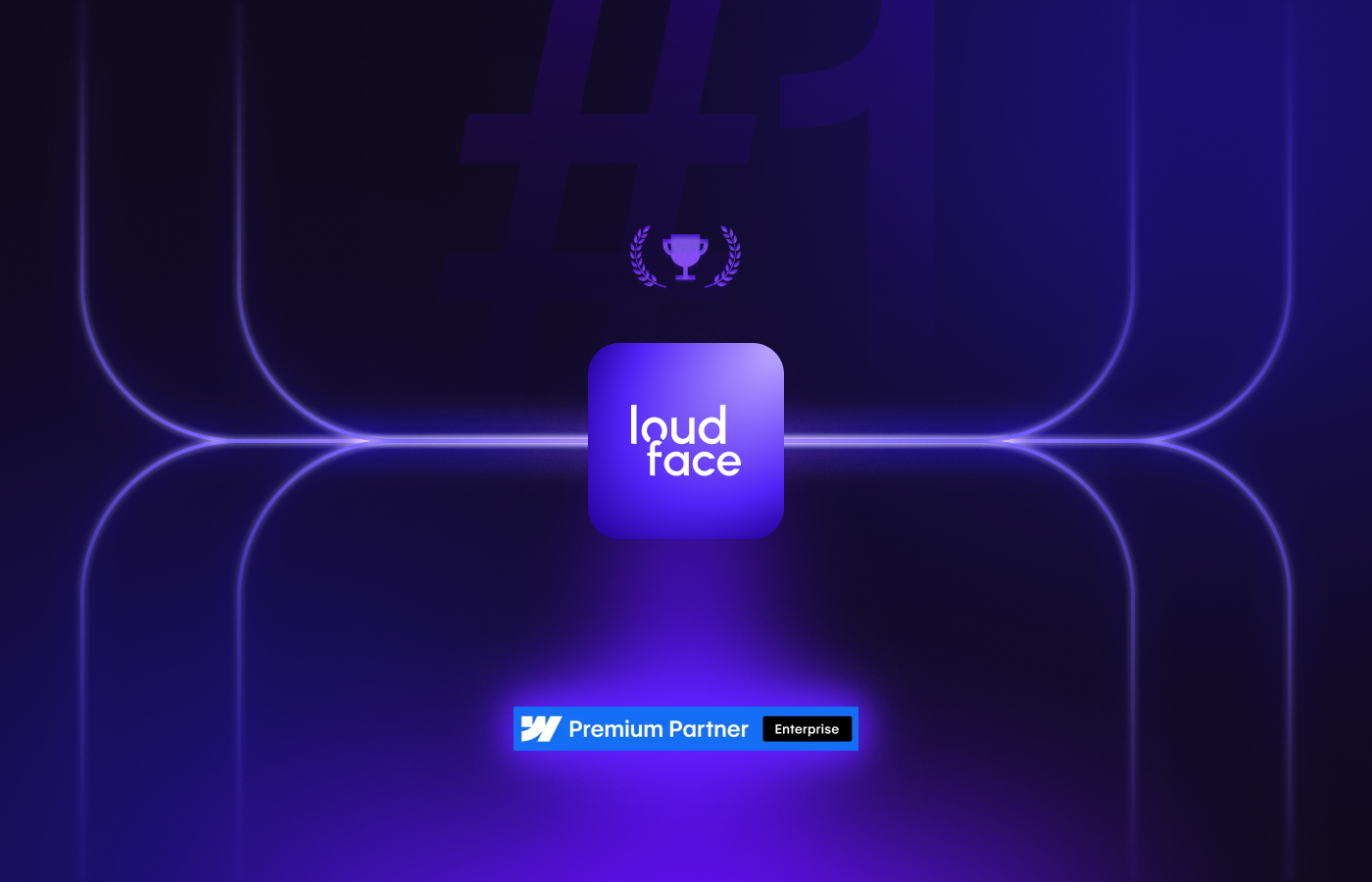Webflow, synonymous with intuitive web design and the No-Code movement, has seen a meteoric rise in popularity over the past few years. But what's the secret sauce behind its success? In this article, we'll unravel the factors that have propelled Webflow to the forefront of the web design industry.
Key Takeaways
- Webflow's user-friendly interface and powerful features have made it a go-to choice for beginners and professionals.
- With Webflow at its helm, the No-Code movement has democratized web design, making it accessible to a wider audience.
- The strong community support and continuous innovation have played a significant role in Webflow's growth.
The Power of User-Friendly Design
The Webflow Advantage
Webflow's intuitive interface and robust features have made it a favorite among novices and seasoned professionals. With its drag-and-drop functionality, users can design and launch websites without writing a single line of code. But don't let the simplicity fool you. Webflow also offers advanced features and customization options that cater to the needs of professional web designers.
Making Web Design Accessible
One of the key factors behind Webflow's popularity is its commitment to making web design accessible to everyone. By eliminating the need for coding, Webflow has opened the doors of web design to a broader audience, including entrepreneurs, creatives, and hobbyists who want to create their websites without hiring a professional developer.
Riding the No-Code Wave
The No-Code Movement
The No-Code movement, which promotes software that allows users to create applications without coding, has gained momentum in recent years. Webflow, as a leading player in this movement, has benefited from this trend. The platform's ability to simplify complex web design tasks has made it a poster child for the No-Code revolution.
Empowering the Community
Webflow's success is not just about the software; it's also about the people. The platform has fostered a vibrant community of users who share resources, offer support, and inspire each other with their creations. This sense of community has driven Webflow's growth and success.
Continuous Innovation and Support
Staying Ahead of the Curve
Webflow's commitment to innovation has helped it stay ahead of the curve. The platform continuously rolls out new features and improvements, ensuring that it meets the evolving needs of its users. This commitment to innovation has helped Webflow maintain its competitive edge in the rapidly changing landscape of web design.
Stellar Support
Webflow's customer support is another factor that has contributed to its popularity. The platform offers extensive resources, including tutorials, guides, and a dedicated support team, to help users navigate the platform and troubleshoot issues. This level of support has helped users get the most out of Webflow and built trust and loyalty.
Frequently Asked Questions
{{blog-faqs}}
Wrapping Up: The Webflow Success Story
In conclusion, Webflow's success is a testament to its user-friendly design, powerful features, and commitment to the No-Code movement.
Its continuous innovation, strong community support, and the rise of agencies like LoudFace that leverage its capabilities have all contributed to its popularity and growth. As we move forward, it's clear that Webflow will continue to shape the landscape of web design, empowering more people to bring their ideas to life on the web.






